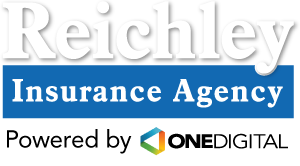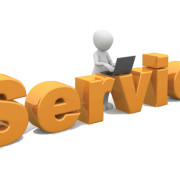Keep Your Agency Healthy Through Client Service Reviews
Do you ever sit down with your team and complete a customer service review? If you don’t, let me try to convince you of its value. A customer service review is like an annual physical. It is necessary for the health of the agency, and it helps everyone better understand the client’s needs. Your review should include the producer, account manager, claims person, and any other team member that touches the client. The customer service review should only take a short time, but the information can be invaluable in making sure that the team is on the same page to deliver outstanding service to the client.
Here are some of the topics that should be included during a customer review:
- Review all open claims to make sure they are progressing correctly.
- Does the client have any service issues or concerns?
- What are any issues facing the client or the industry?
- Does the agency have any new services or solutions to offer?
- Have there been any personnel changes with the client?
Having this information can help build a true partnership with the client. If there are any issues or concerns, it is best to address these well before the renewal. By doing so, the client will feel they are being treated like a partner and will in turn treat you like a valued business partner, not just an insurance agent.









